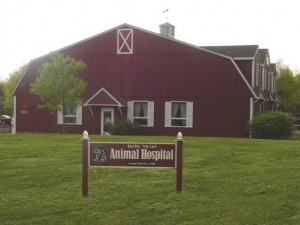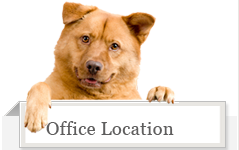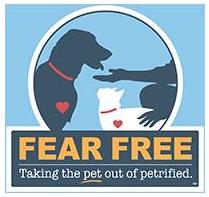
Vomiting and Diarrhea First Aid Rules
If your dog or cat vomits for any reason, DO NOT FEED YOUR PET FOR 4 HOURS. At that point, make sure your dog is not allowed to go out unattended. Make sure that he or she cannot get into anything in the yard and also remove any toys, treats, edible bones that might be in the house. You can give very small amounts of water.
If your dog or cat vomits again even while fasting, CALL THE ANIMAL HOSPITAL AND CONTINUE TO WITHHOLD FOOD. About 1/8 to 1/4 cup depending on how big your pet is. If your pet is able to hold down water after 8 hours, then you can feed 1/8 to 1/4 cup of bland food – baked chicken and rice. You can give the same amount again every 2 to 4 hours later. Your pet holds down this food then you can continue to feed a small amount every 2-4 hours. After 24 hours, go back to regular feeding.
There are many causes of vomiting, including anything from acid reflux, pancreatitis, blockage, viral, etc.
The absolute worst thing you can do as a pet parent for your vomiting pet is to feed it or even allow it to smell food, especially if it may have some form of pancreatitis.
- A mild form – vomiting that may resolve on own on with fasting
- A moderate form – when fasting is not enough, they need veterinary care with injections
- A severe hemorrhagic, necrotizing form – that even if with intense IV fluids, hospitalization and transfusion we may not be able to turn around. Hospitalization may be lifesaving. Especially if an owner waits too long to bring the pet in.
Diarrhea in and of itself is not as much of an emergency as vomiting.
If we have vomiting and diarrhea, vomiting always trumps diarrhea. Follow vomiting rules- DO NOT FEED. Diarrhea for 1 day can be treated with rice and or intestinal diets (but avoid the use of adding meats.)
If there is diarrhea without vomiting again make sure you remove all new treats, chew toys and do not allow dog to go out in the yard and eliminate unsupervised. You must know everything that goes in and out of your pet until there is no more vomiting or diarrhea for 1 to 2 weeks before you can go back to normal. Lots of dogs are going out and eating mulch, sticks, mushrooms etc that are causing continued vomiting or diarrhea. Some mushrooms even prove fatal to animals, so never allow your pet to eat any type of mushroom.
If a person waits too long to bring a vomiting dog in for care, the intestines may necrotize or the patient may get toxic. Even with emergency surgery, we can only save some dogs or cats. This is especially true with cats that ingest strings and balloon ribbon and dogs that get socks, knee highs or other things that get stuck in their intestines.
Large breed dogs at any age but especially over 4 who seem lethargic, dry heaving, stressed, or are vomiting fluid or foam could be bloating. If they are not treated within 6 hours, the prognosis is very poor. Any owner who has German Shepherds, Great Danes, Standard Poodles, Dobermans, large breed dogs should be careful of bloat – Gastric Dictation Volvoulus (GDV). GDV is the result of accumulation of gas, fluid, or a combination of the two in the stomach.










